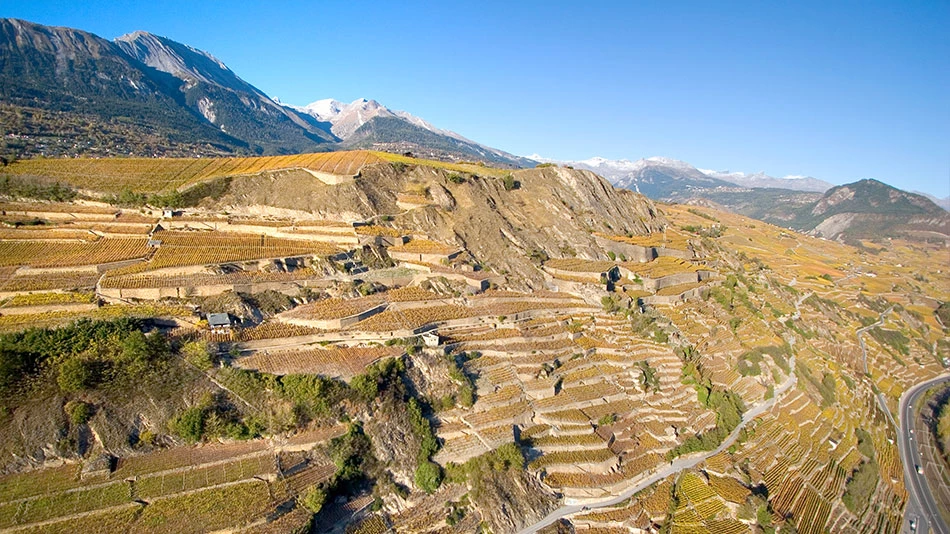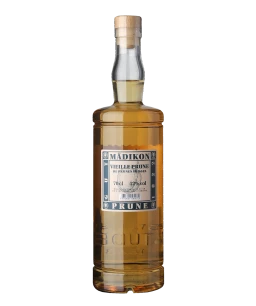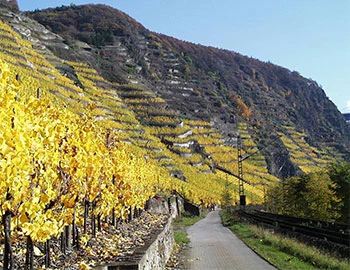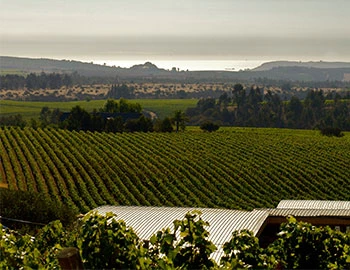Switzerland
Switzerland – A small country with enormous diversity
Switzerland is famous for its banks, watches, and cheese, but not necessarily for its wine. The Swiss didn't invent wine, but they have been extremely open and curious to it. Wine culture arrived in what is now modern Switzerland via several routes: from Marseilles to Lake Geneva and the Lower Valais region; from the Aosta Valley through the Great St. Bernard Pass to the rest of Valais; from the Rhone through Burgundy, across the Jura Mountains to Lake Constance; and from Lombardy to Ticino, and then on to Grisons.
Sparkling wines from Switzerland
White wines from Switzerland
Rosé wines from Switzerland
Red wines from Switzerland
Sweet wines from Switzerland
Spirits from Switzerland
The Roman incursion into the country marked the beginning of viticulture here. The soldiers encountered wild grape vines, replacing them with varieties that better suited their palates. However, the first written mention of wine came much later. In the 6th century, Burgundian monks founded a monastery in Aigle. Along with the monasteries, viticulture spread throughout the entire country in the centuries that followed.
From the beginning of Confederation in 1291, wine production picked up steadily. In 1850, the area given over to vineyards – approximately 35,000 hectares – was twice what it is today.
Rich in climate and culture
Today, around 200 different varieties grow on 15,000 hectares of vineyard in Switzerland. They are distributed across six regions: Valais, Vaud, Geneva, the Three Lakes Region (Neuenburg, Morat, and Bienne), Ticino, and the 17 cantons of German-speaking Switzerland, including Grisons. Switzerland has a multitude of climate zones and terroirs, which further contributes to the great diversity in its wines. The Mediterranean cantons of Ticino and Valais, the more humid Central Plateau, the rugged glacial moraines along the foothills of the Alps, steep terraces carved in the rock – the climatic and cultural richness of Switzerland is reflected beautifully in its wine.
A wide range of different grape varieties, climates and soils, as well as a huge variation in growing techniques, makes it difficult to speak of a single typical Swiss style.
The Swiss are fond of their wine
Although Switzerland is home to some of the oldest and best wine regions in Europe, it is relatively unrecognized in international terms. This could be because the Swiss drink almost all of the wine they produce; a mere one percent is exported abroad.


























